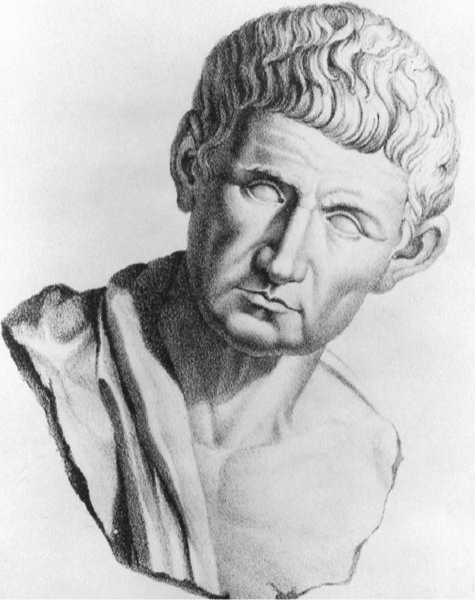In 1169, the same year he began his friendship with Abu Ya'qub Yusuf, Averroes was appointed qadi of Seville, another great city of Muslim Spain. Two years later, he returned to his hometown of Cordoba as qadi, but spent much of the

The great Greek philosopher Aristotle. Through his translations of and commentaries on Aristotle's works, Averroes brought a greater understanding of Aristotle's ideas. Reproduced by permission of the Corbis Corporation.
Decade that followed traveling around the Almohad caliphate, probably on business for the caliph.
Following the retirement of Ibn Tufayl, Averroes went to Marrakech in 1182 to become Abu Ya'qub Yusuf's personal physician. The caliph died two years later and was succeeded by his son, Abu Yusuf Ya'qub, known as al-Mansur, or "The Victorious." Al-Mansur took a generally favorable view of Averroes, but in 1195, when he needed the support of the fuqaha (a group of highly conservative Islamic scholars), Averroes suffered as a result.
The reason for this switch of allegiance was the fact that the caliphate was in grave danger of attack from Christian forces in the north who were undertaking the Reconquista (ray-kawn-KEES-tah) or reconquest of Spain for Chrisfianify. Desperafe wartime situations sometimes create witch-hunt atmospheres, and so it was in Cordoba, where Averroes's books were publicly burned and Averroes himself was subjected to great scorn for his unorthodox ideas. It was a sign of how al-Mansur truly felt about Averroes, however, that his actual punishment—a very short exile in the town of Lucena (loo-SAYN-uh)—was minor.




 World History
World History









